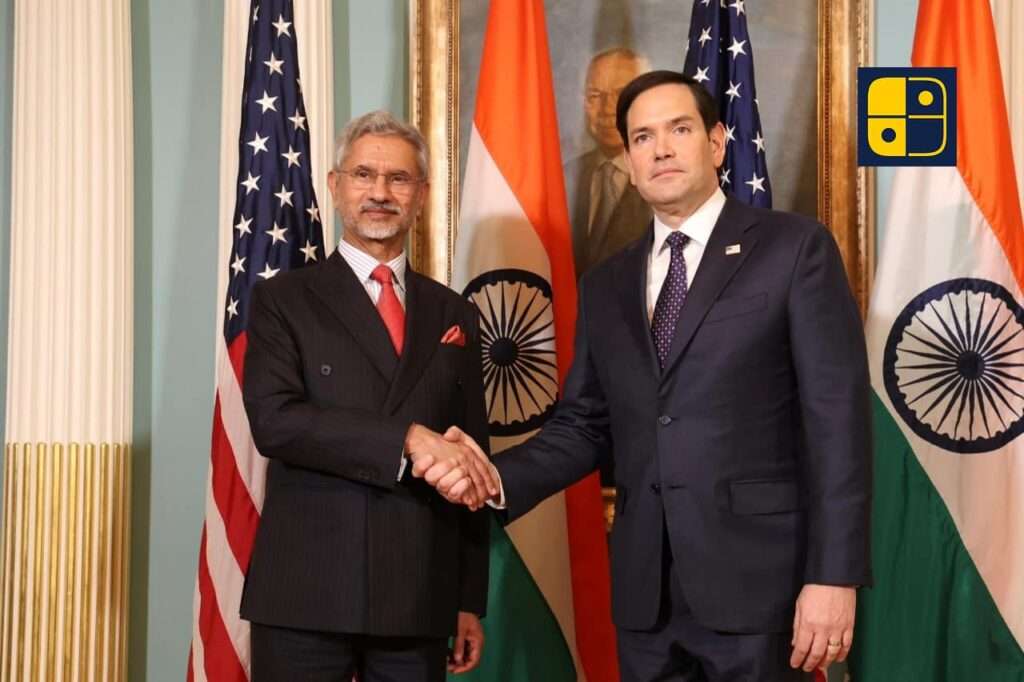The Jaishankar-Rubio meeting in New York, though framed as a step forward, underlines the fragility of India-U.S. relations at a time when both nations face structural divergences. While Secretary of State Marco Rubio’s description of India as “critical to U.S. interests” was designed to reassure, it glosses over the fact that Washington’s tariff shock 50% duties on Indian exports and punitive hikes in visa fees were not tactical missteps but deliberate policy instruments reflecting U.S. domestic compulsions. For India, External Affairs Minister S. Jaishankar’s call for a “balanced and sustainable approach to trade” was more defensive than assertive, signaling that New Delhi is wary of escalating confrontation but unwilling to cede strategic autonomy.
The meeting’s optics highlight a paradox. The U.S. wants India to anchor its Indo-Pacific calculus while simultaneously undercutting India’s economic leverage. India, on the other hand, seeks greater market access and mobility for its workforce but continues to chart independent positions on oil imports from Russia and trade with the Global South. These contradictions cannot be resolved by cordial statements alone.
What emerges is a partnership strained by asymmetry; Washington wields trade and visa levers to extract concessions, while New Delhi relies on geopolitical indispensability to withstand pressure. Unless both sides are prepared to recalibrate India by diversifying export dependencies, and the U.S. by moderating its protectionist impulses the rhetoric of “critical partnership” risks becoming hollow. The Jaishankar-Rubio dialogue is therefore less a breakthrough than a holding action: necessary, but insufficient to prevent deeper fault lines from hardening.

